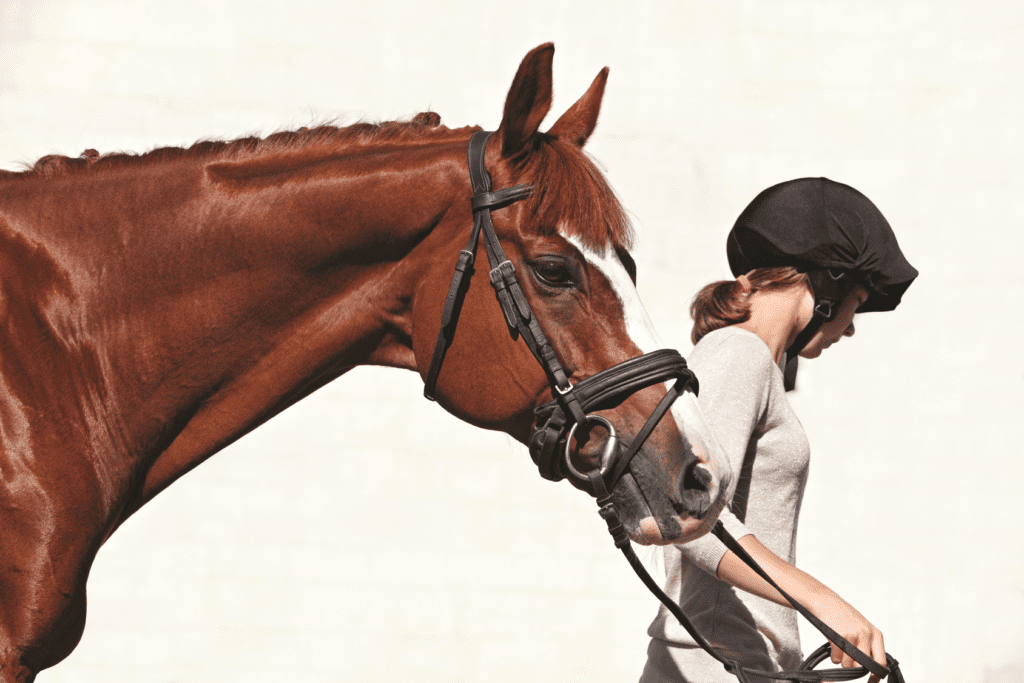Barn Manager at the Florida Agricultural Museum Offers These Reminders for Parents and Kids
Now that school is out and summer is here, the kids are going to need something to do to keep them busy. Many kids love horses, so equine summer camp is very popular. While they are generally safe for kids to attend, Cheryl Carl, barn manager from the Florida Agricultural Museum, has some great information to share on how to be prepared for equine summer camp.
The number one tip is to stay hydrated. Now this is going to be true for any outdoor activity, especially in the Florida heat. Kids can easily forget to drink enough water when they are swept up in a fun activity. Parents can help by making sure children have some water before they go to camp and when they get home, or before bed. Check with the camp to see what their process is for making sure kids are getting enough water to drink. They will usually have certain points throughout the day in which they remind kids to get some water.
Get enough to eat. Kids get excited and forget to eat, so make sure they are having regular meals and they get snacks or are allowed to bring their own to camp.
Apply sunblock. This is always important for summer activities in Florida, whether kids are going to camp or just a day at the park.
Helmets are required for safety purposes. They need to be less than five years old and have never been involved in an accident. “If it’s been in a wreck it can’t be used again,” Carl says. Helmets have an expiration date because over time, the foam, glue, and other materials it is made of will deteriorate. Look for that date when you purchase a helmet.
Leather boots are the best for horseback riding, and some camps may require them, but kids need to be in at least a closed-toe shoe. Now, there may be times to remove the shoes while on the horse’s back, such as during water activities, but Carl tells us, “There should be no bare feet around the horse’s feet.”
Look at the camp’s student ratio. You want the camp where you send your children to have a low student-to-counselor ratio. This means that each adult is responsible for as few children as possible. There should be plenty of helpers so that an adequate amount of personal attention is possible.
Let the camp know if your child suffers from any outdoor allergies, and provide medication for that, if necessary. The camp may have over-the-counter products on-hand, such as Benadryl, Tylenol, or anti-itch cream, but don’t just assume that they will. Ask if the counselors will dispense such products. If your child has an Epi-Pen, make sure the counselors are trained to administer it in the event of an emergency.
Last, but definitely not least, do your research before committing to an equine camp. Check the reviews, ask around for recommendations, contact the camp, and ask lots of questions. Get a good deal, but don’t let price be the ultimate factor when making your decision. A bargain that seems too good to be true could be cutting corners in key safety areas. “Make sure the facility is properly insured,” says Carl, urging parents to know the details of the camp they are sending their children to.
After checking out the camp and deciding which is the best fit for your child, Carl offers this final tip for kids going to equine camp for the first time: “Just have a positive attitude, and trust your provider. Follow the directions, listen, and have fun.” Good advice no matter what kind of camp the kids are going to this summer!
by TERESA SCHIFFER

